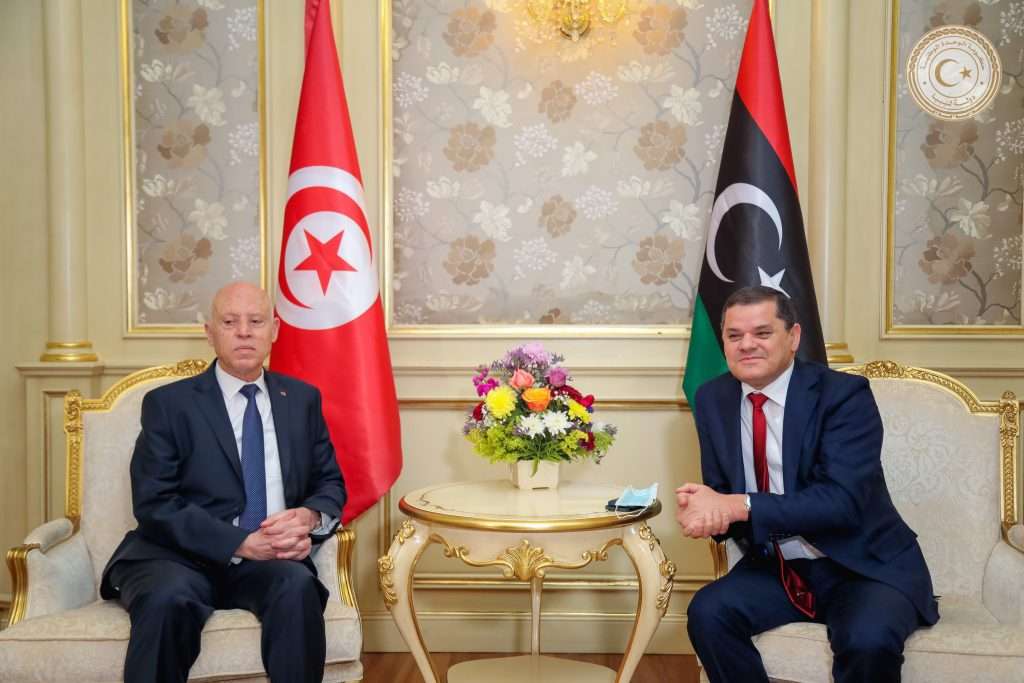Tunisian lawmakers push for Libya reconstruction and trade

Tunisian lawmakers and Members of Parliament urged the Parliamentary Cooperation Group with Arab States to advocate for a stronger government contribution to Libya’s reconstruction, as reported by The Libya Observer on June 19th.
This includes pushing for the reactivation of free trade zones by reinforcing Tunisia’s diplomatic presence. A parliamentary press release confirmed that this appeal followed a consultative meeting with officials from the Tunisian Ministry of Foreign Affairs.
Libya’s parliamentary delegation met on June 16th with the purpose of renewing the countries proposed budget for a multi-year plan with development and infrastructure revival.
MPs used the meeting to highlight the necessity of reviving free trade zones with both Libya and Algeria. They underlined the importance of expanding the Arab Parliament’s role in promoting unified Arab initiatives. The discussions also focused on Tunisia’s support for Libya’s political settlement efforts and the country’s commitment to deeper bilateral ties with Algeria, alongside renewed efforts to strengthen Maghreb cooperation. This comes despite Tunisia facing a trade deficit with Algeria.
Tunisia’s Export Promotion Center recently valued Libya’s reconstruction needs at up to $570 billion. This figure presents substantial investment potential for Tunisian firms, particularly within the construction, infrastructure, and industrial equipment sectors.
Libya ranks as Tunisia’s foremost Arab and African trade partner, and its fifth globally. Tunisian industrial goods account for 40% of the country’s total exports to Libya, while Tunisia imports mainly energy, iron, and steel from its neighbour.
Despite this strong economic relationship, delays in launching a joint free trade zone have significantly limited growth in bilateral trade. Meanwhile, other regional economic players continue to extend their influence across North Africa amidst shifting geopolitical conditions.
Although, Tunisian and Libya relations have been put under spotlight for other reasons in previous months after a report was released in February accusing the Tunisian state of selling migrants to Libya.
Over a decade has passed since Tunisia first announced the Bengardane Free Trade Zone project at the Libya-Tunisia border. Yet, the initiative remains stuck in its initial phase, limited to land development and technical assessments, with no substantial progress since.
The Libya Observer, Libya Review, Middle East Eye
Want to chase the pulse of North Africa?
Subscribe to receive our FREE weekly PDF magazine













